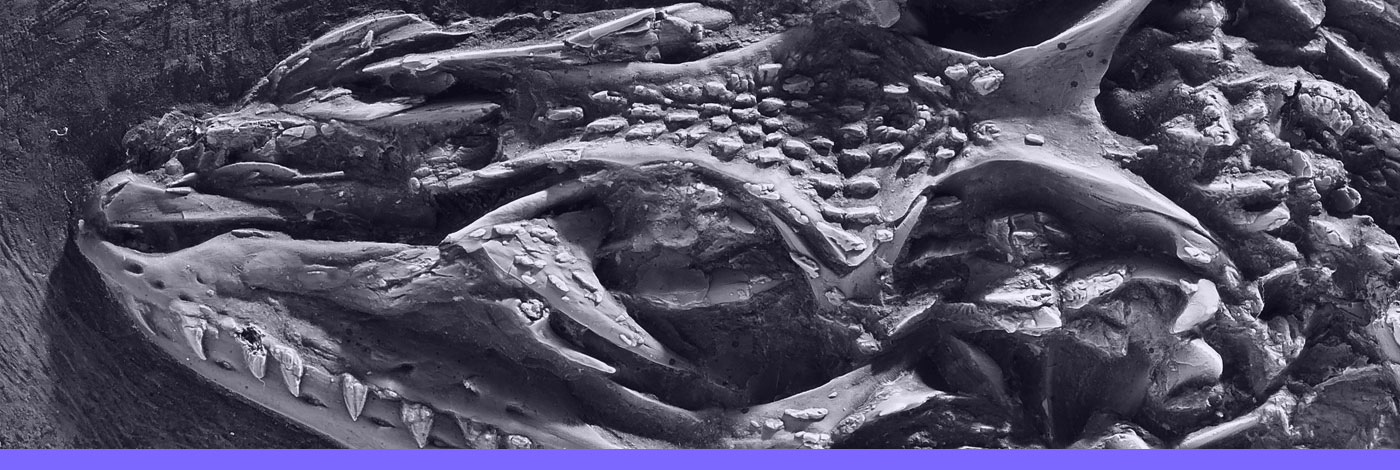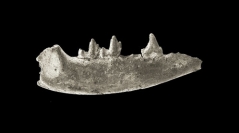

 Comptes Rendus Palevol
16 (7) - Pages 721-737
Comptes Rendus Palevol
16 (7) - Pages 721-737Based on well-preserved lower dentition, a new adapisoriculid from the Cambay Shale Formation (basal Eocene, ∼54.5 Ma) in the open cast lignite mine of Vastan, Gujarat State, western India, is described. Indolestes kalamensis gen. et sp. nov adds significantly to the diversity of basal eutherians from Vastan as it represents a family hitherto not known from the Eocene of the Indian Subcontinent. Phylogenetic analysis suggests that Indolestes is derived relative to Deccanolestes and Afrodon, but primitive relative to the European adapisoriculids Bustylus and Adapisoriculus. The new data from the early Eocene provide evidence for continued survival of a Gondwanan mammal lineage following the Deccan volcanic activity (Cretaceous–Paleogene transition) in the Indian Subcontinent.
Adapisoriculidae, Cambay Shale, Early Eocene, Gondwana, India, Mammal